The history of Gulf-African relations dates back to the pre-Islamic era, when the Arabian Peninsula was connected to ancient African kingdoms such as Abyssinia or the Kingdom of Aksum. After the spread of Islam, relations between the two regions deepened and became prominent in history, beginning with the migration of the Prophet Muhammad’s companions to Abyssinia. This was followed by the emergence of African sultanates in East Africa with religious and political ties to the Arabian Peninsula, such as the Dervish State in Somalia, the Ajuran Sultanate, and the Sultanate of Ifat, which was founded by migrants from Arabia. These relations extended westward to the far reaches of Africa, particularly with the Mali Empire and its prominent city Timbuktu, often referred to as “the other Mecca” due to its role as a hub for caravans heading for Hajj and Umrah. Timbuktu also served as a center for Arab and African scholars who gathered at Sankore University, a beacon of learning in Africa. The Mali-Arabian relationship deepened further during the visit of Mali’s most famous king, Mansa Musa, to the Arabian Peninsula in 1324 CE. This era witnessed the influx of African scholars, such as Sheikh Omar al-Futi, who resided in the Arabian Peninsula for over twenty years. It also included waves of migration from West Africa to Arabia, as people fled European colonial oppression after the Berlin Conference (1884–1885), also known as the Congo Conference. It is important to distinguish between this conference, which organized the colonization of Africa, and the 1878 Berlin Conference, which revised the Treaty of San Stefano.
Today, many African communities believe that the Gulf public has not shown genuine interest in understanding modern Africa, despite the deep-rooted historical relations. This only began to change after 2015, driven primarily by emerging security concerns that began to affect Gulf national security. Despite this long history, African perspectives suggest that modern Gulf-African relations remain predominantly economic, focused on investment and trade. While there has been some political engagement, Gulf perspectives still lack a nuanced understanding of African societies, which weakens the strategic Gulf vision for the continent.
African intellectual elites emphasize three core truths to the world:
1. The proportion of Muslims in Africa is often manipulated, and terrorism is a foreign behavior to Africa’s inherently peaceful societies. Terrorism found its way to Africa only after foreign powers began determining its political trajectory. The poetry of Caribbean writer Kamau Brathwaite illustrates how modernity and culture actually flowed from Africa to Europe, not vice versa.
2. Islam was the only real obstacle faced by European colonizers in their attempts to strip Africans of their values and principles. Remarkably, it continues to resist such attempts even today.
3. Gulf elites fail to recognize that the African intellectual landscape has changed significantly since 2020. Particularly among those not influenced by political money, African elites today are very different from the way they are portrayed in European media. These elites fiercely resist corruption and political cooptation. They are not overly concerned with being excluded from formal decision-making, as they understand that many policies in their countries are still dictated by external forces. As a result, they see working in international organizations as the most effective way to reform their nations. The Mo Ibrahim Prize for African Leadership is a clear example of this approach.
Based on my field experience in African societies—across diverse cultures, religions, and ethnicities—African elites close to political decision-making circles view Gulf interests in Africa as temporary and lacking a long-term strategic vision. This is largely due to the divergent political agendas among Gulf Cooperation Council (GCC) states, which are not only apparent in their African policies but also in internal disputes within the GCC itself. This has led African elites to question the notion of “unified Gulf interests,” weakening Africa’s trust in Gulf political movements. Consequently, influential African states may hesitate to support Gulf nations in international forums, such as bids for non-permanent seats on the UN Security Council. In the future, African actors may exploit competing Gulf interests in Africa as an opportunity, knowing that no single Gulf state can impose conditions that were previously seen as infringing on African sovereignty.
Dr. Amina Al-Areimi
Emirati Researcher Specializing in African Affairs

